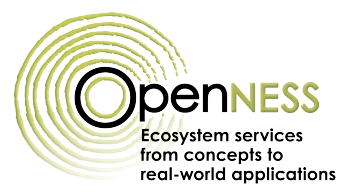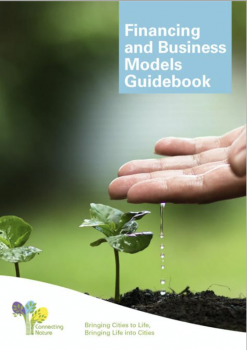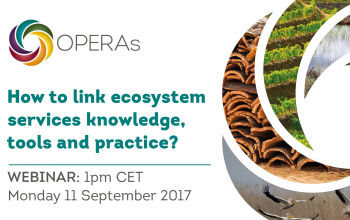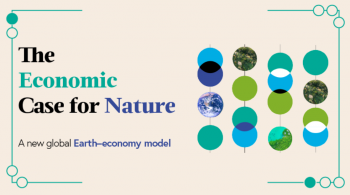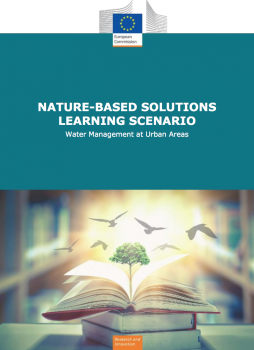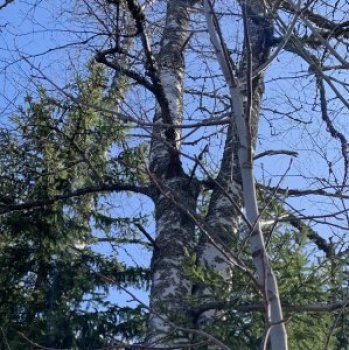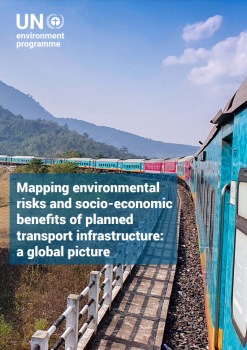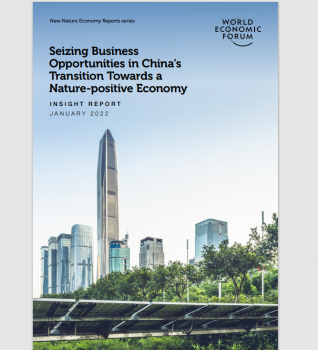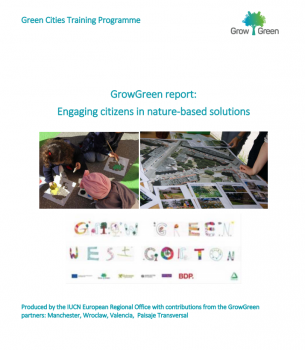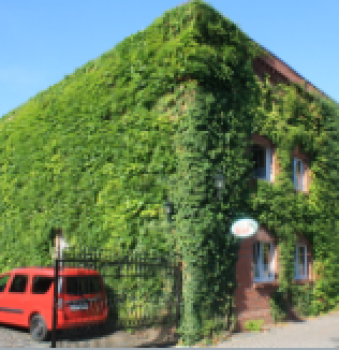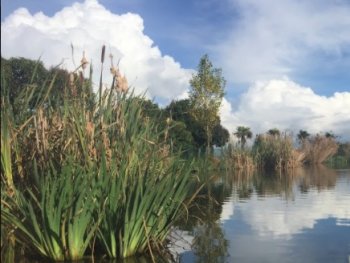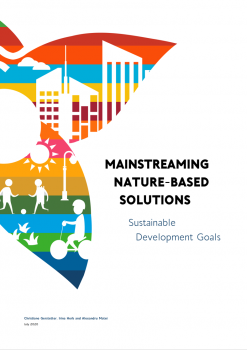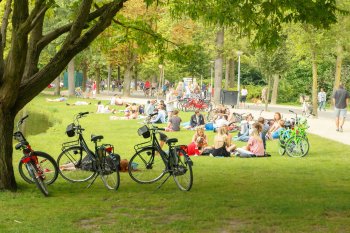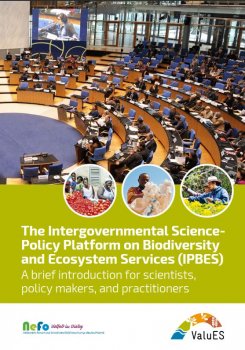Marketplace
OpenNESS Synthesis paper: Stakeholder involvement
Stakeholder involvement is not only regarded as an essential element in environmental management and decision making, but also considered critical in the context of ecosystem services (ES).
Conexus Life-Lab factsheet series- Valdocco Vivibile: a livable district
The Torino Urban Lab coordinates the Valdocco Vivibile pilot in collaboration with the City of Torino to promote the development of climate-resilient neighborhoods through small-scale and diffused green infrastructure solutions. The pilot has three main pillars: high replicability; multifunctional
Valuing and Investing in Nature-based Solutions for Urban Sustainability
The implementation and mainstreaming of nature-based solutions to address urban sustainability challenges is highly dependent both on how they come to be valued and the ways in which they can secure investment over the long-term. They convened a small expert panel to exchange ideas and evidence on
Financing and Business Models Guidebook
This guidebook introduces the topic of financing and business models for nature-based solutions, identifies some common challenges and enablers to financing and presents a step-by-step guide to securing financing.
OPERAs Webinar: How to link ecosystem services, knowledge, tools and practice?
The webinar highlighted the flow between knowledge, tools and practice through case material from the OPERAs exemplars and different tools. T
The economic case for nature
The Economic Case for Nature is part of a series of papers by the World Bank that lays out the economic rationale for investing in nature and recognizes how economies rely on nature for services that are largely underpriced. This report presents a first-of-its-kind integrated ecosystem-economy
Water Management at Urban Areas
This learning scenario encourages students to learn and care about the importance of water management to tackle urban challenges such as floods and disruption of the water cycle in the urban environment via nature-based solutions (NbS). Through the activities, students will work as scientists
Co-Creation in the making: Introducing and Co-Planning seedbed interventions
This report provides an overview of the work of WP3 partners, city partners and their stakeholders since the challenge workshops4 were implemented in each of the six Cultivating Cities in October and November 2021 and January 2022. This report also introduces the concept of seedbed interventions by
Cities, Nature and Innovation: New Directions
This compendium connects together the key themes of nature, cities and innovation. It discusses how to assess what nature-based solutions can achieve in cities. It examines how innovation is taking place in cities and it analyses the potential of nature-based solutions to help respond to climate
D3.5 Results of six seedbed interventions in the six Cultivating Cities
This report shows the processes and results of six seedbed interventions in the project in the six Cultivating Cities. These interventions were developed in close cooperation between city partners and partners from WP3. Publication Date: 01 Mar 2023
Mapping environmental risks and socio-economic benefits of planned transport infrastructure: a global picture
This technical report investigates the benefits of planned road and rail transport infrastructure projects for society and the economy, as well as the consequences for biodiversity and ecosystem services. To date, impacts of infrastructure development on ecosystem services have not been widely
Insight Report: Seizing Business Opportunities in China’s Transition Towards a Nature-positive Economy
This report by The World Economic Forum lays out a clear roadmaps for Chinese companies to seize the business opportunities offered by 15 priority transitions under three socio-economic systems. These transitions are projected to ad $1.9 trillion in business value and could create 88 million jobs
Taking Action for Urban Nature - Business Models
The Business Models Catalogue for urban nature-based solutions presents eight different business models for urban NbS. These were identified based on 54 in-depth case studies of urban NbS, both in- and outside of Europe. These models explain which values propositions can drive urban NbS funding.
GrowGreen report: Engaging citizens in nature-based solutions
The IUCN European Regional Office with contributions from the GrowGreen partners: Manchester, Wroclaw, Valencia, and Paisaje Transversal has developed the ‘GrowGreen report: Engaging citizens in nature-based solutions’. This report compiles the lessons learnt from the GrowGreen project as well as
The Multiple Values of Urban Nature: Evidence from 1,000 European Nature-Based Solutions
Urban nature-based solutions can be designed to deliver diverse social, cultural, environmental and economic benefits in parallel. This instills them with the potential to contribute to multiple policy goals simultaneously. Making optimal use of such solutions requires an understanding of the
Brillianto Images for download
Brillianto Images offers over 1,200 images for immediate download. https://brillianto.co.uk/photos/shop/ Categories include: Plants, Birds, Insects, Farm animals, Green Infrastructure, Landscapes, Environment, Fungi Amphibians and Mammals. Images are available in Small, Medium and Large. All
The case for mainstreaming nature-based solutions into integrated catchment management in Ireland
The intensification of European policies, agreements and regulations for climate action, water resources, energy, agriculture and forestry, and biodiversity is pressurising governments to adopt a wider portfolio of actionable solutions that are more financially and socially sustainable as well as
Mainstreaming Nature-Based Solutions: Sustainable Development Goals
This report argues that nature-based solutions can contribute to achieving the SDGs because they often address public interest objectives and sustainability dimensions at the same time. This makes nature-based solutions effective instruments for addressing sustainability-related challenges in an
Climate Adaptation and Nature-Based Solutions
Nature-based solutions are key for adapting to climate change impacts, such as floods, heat waves, drought, and windstorms. Nature-based solutions for climate change adaptation also have the potential to increase stakeholder involvement for sustainable climate governance and planning. Challenges
GIZ ValuES - IPBES: A brief introduction for scientists, policy makers, and practitioners
With the publication of this brochure, NeFo and ValuES want to provide their partners and other interested parties a quick and informative overview of IPBES and the different topics and processes of this still young science-policy interface. The brochure may also encourage readers to identify
- ‹ previous
- 5 of 55
- next ›

